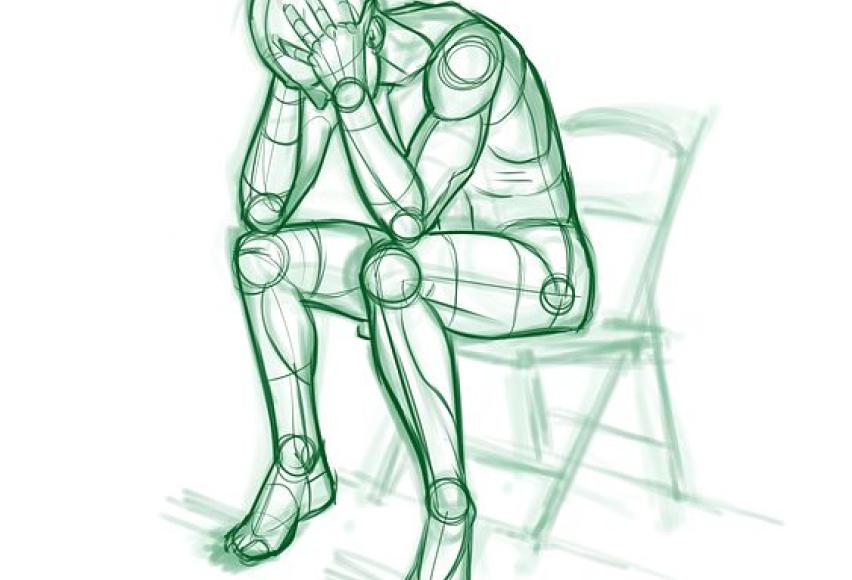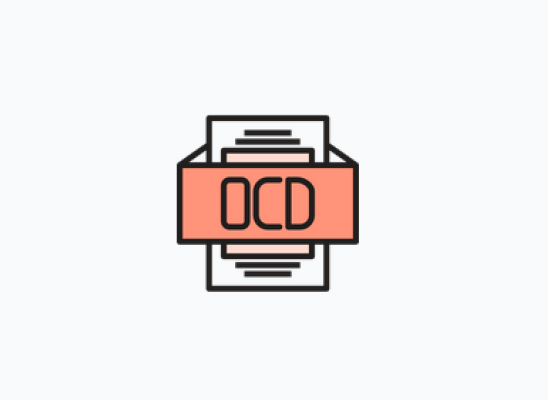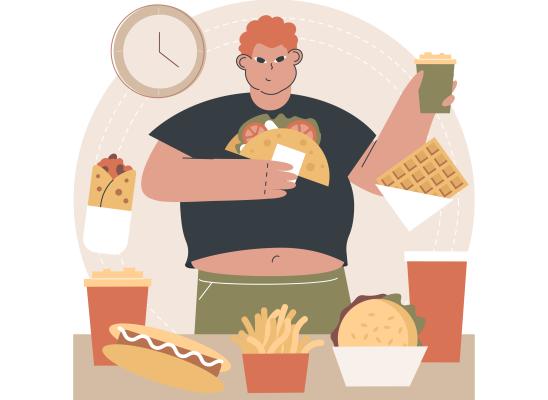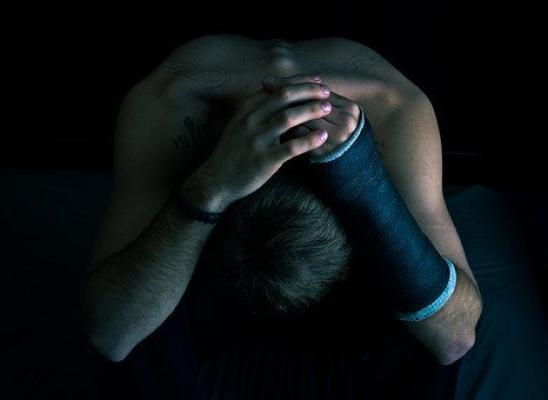Anxiety and Trichotillomania

Online test
Find out the severity of your symptoms with this free online test
 Trichotillomania, also known as compulsive hair pulling disorder, has no known cause, but is linked to a variety of things. It is believed that some people with the disorder have a neurologically based predisposition to do it. It works as a self-soothing mechanism, helping to keep them calm when they feel stressed or anxious. While estimates differ, about 1 in 50 or 2% of the overall population has trichotillomania. This makes the disorder more common than Schizophrenia and Bipolar Depression. Unlike anxiety disorders (e.g. panic disorder, social anxiety, PTSD) where the fundamental symptoms are stress and fear, trichotillomania has a significantly more complex and heterogeneous set of symptoms.
Trichotillomania, also known as compulsive hair pulling disorder, has no known cause, but is linked to a variety of things. It is believed that some people with the disorder have a neurologically based predisposition to do it. It works as a self-soothing mechanism, helping to keep them calm when they feel stressed or anxious. While estimates differ, about 1 in 50 or 2% of the overall population has trichotillomania. This makes the disorder more common than Schizophrenia and Bipolar Depression. Unlike anxiety disorders (e.g. panic disorder, social anxiety, PTSD) where the fundamental symptoms are stress and fear, trichotillomania has a significantly more complex and heterogeneous set of symptoms.
What is Anxiety
Anxiety is a general term feelings of dread, fear, and stressing. These disorders influence how we feel and carry ourselves, and they can show real physical indications. Gentle anxiety is obscure and unsettling, while serious anxiety can be amazingly incapacitating, seriously affecting everyday life. Individuals frequently encounter a general condition of stress or dread before facing something challenging, for example, a test, examination, presentation, or meeting. Anxiety is viewed as an issue when side effects meddle with a man's capacity to rest or generally work. As a rule, anxiety happens when a response is out of extent with what may be ordinarily expected in a circumstance.
Link to Trich?
There is evidence that there is a strong correlation between trichotillomania and anxiety. In many ways, anxiety acts as one of the most common triggers for hair pulling. Trichotillomania may be a reflection of a mental health problem. Psychological and behavioural theories suggest that hair pulling may be a way of relieving stress or anxiety. Reducing stress and anxiety can reduce the hair pulling episodes.
Tips to reduce anxiety
- Take a time-out. Practice yoga, listen to music, meditate, get a massage, or learn relaxation techniques. Stepping back from the problem helps clear your head.
- Eat well-balanced meals. Do not skip any meals. Do keep healthful, energy-boosting snacks on hand.
- Limit alcohol and caffeine, which can aggravate anxiety and trigger panic attacks.
- Get enough sleep. When stressed, your body needs additional sleep and rest.
- Exercise daily to help you feel good and maintain your health. Check out the fitness tips below.
- Take deep breaths. Inhale and exhale slowly.
- Count to 10 slowly. Repeat, and count to 20 if necessary.
- Do your best. Instead of aiming for perfection, which isn't possible, be proud of however close you get.
- Accept that you cannot control everything. Put your stress in perspective: Is it really as bad as you think?
- Welcome humour. A good laugh goes a long way.
- Maintain a positive attitude. Make an effort to replace negative thoughts with positive ones.
- Get involved. Volunteer or find another way to be active in your community, which creates a support network and gives you a break from everyday stress.
- Learn what triggers your anxiety. Is it work, family, school, or something else you can identify? Write in a journal when you’re feeling stressed or anxious, and look for a pattern.
- Talk to someone. Tell friends and family you’re feeling overwhelmed, and let them know how they can help you. Talk to a physician or therapist for professional help.
Adapted from (https://www.adaa.org/tips-manage-anxiety-and-stress)

There has been much arguments as to whether anxiety is an immediate cause for hair pulling or just a catalyser. In other words, there is the question of whether anxiety causes hair pulling or whether anxiety simply makes the behaviour more regular. One school of thought says that, yes, anxiety is an immediate and direct cause of hair pulling and trichotillomania. The reason behind this is that anxiety and depression are both regularly experienced in people with the disorder. Past this, many instances of trichotillomania are activated by stress. These individuals begin pulling hair when they are in high-stress circumstances.
However, a few people see the reason for hair pulling as totally extraordinary. They consider it to be a greater amount of an "addictive" conduct. In this line of reasoning, those with trichotillomania pull their hair when they are on edge and not on account of being on edge. While there have been several forms of treatment that have been developed to aid a person suffering from hair pulling, there is currently no official trichotillomania cure. In a way, the reason for this is a manner of semantics. The word “cure” implies 100% success in eradicating a disorder and condition; as of right now, doctors have not figured out how to cure trichotillomania with that perfect level of accuracy. Even though there is no cure for trichotillomania, there are many people who do manage to learn to manage the disorder and live a pull free life.
Online test
Find out the severity of your symptoms with this free online test
Start your journey with TrichStop
Take control of your life and find freedom from hair pulling through professional therapy and evidence-based behavioral techniques.
Start Now



